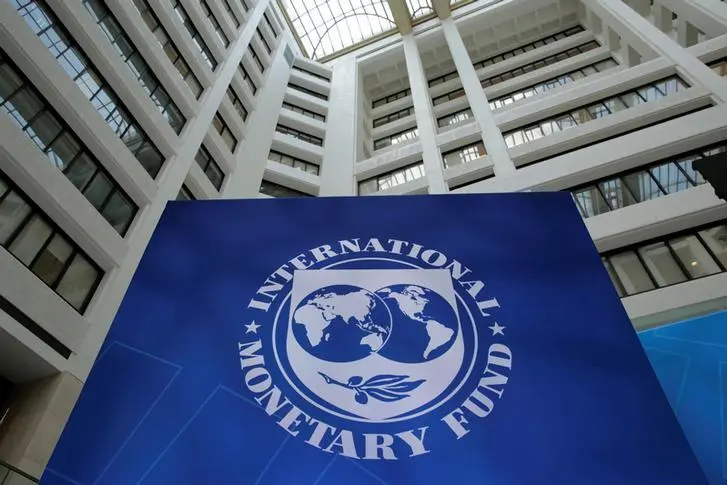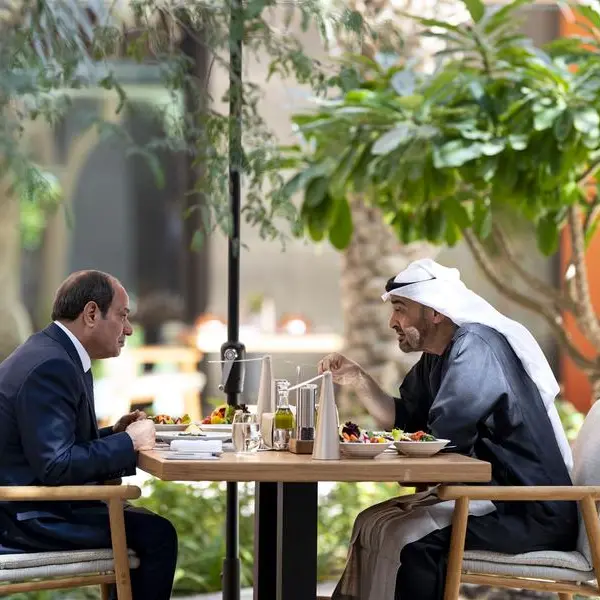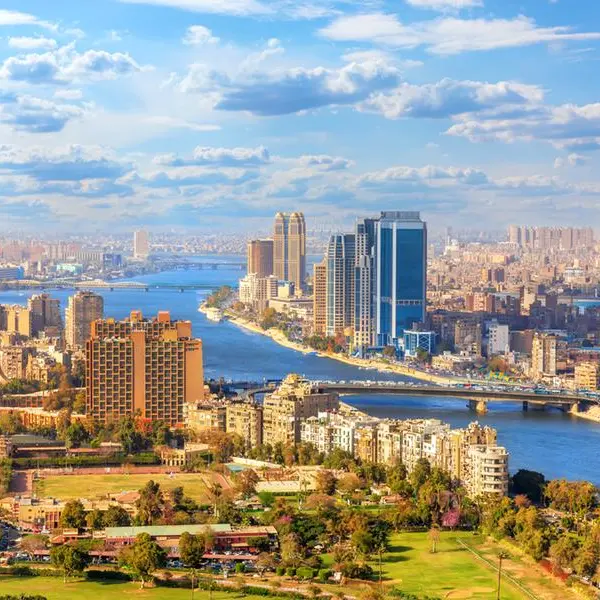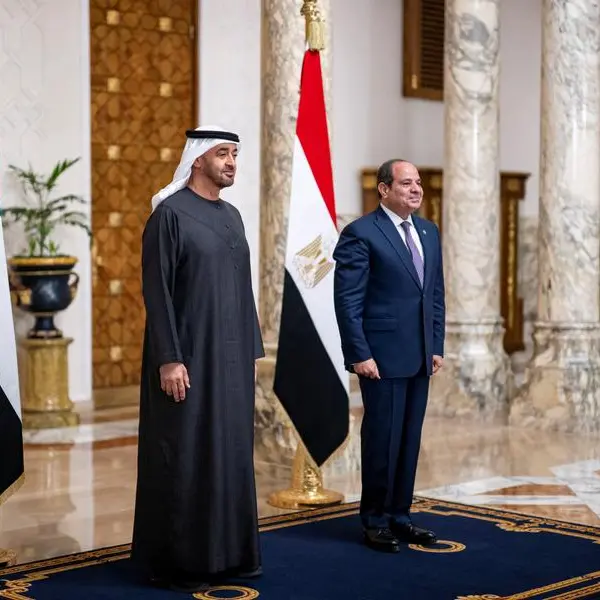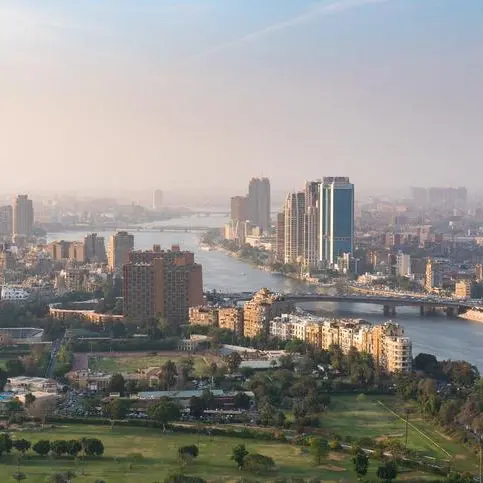PHOTO
Egypt has reached a staff-level agreement with the International Monetary Fund (IMF) on March 6th to extend the initially approved $3 billion loan under the Extended Fund Facility (EFF) arrangement to $8 billion. The agreement is subject to the IMF’s completion of the first and second reviews of the program, and Egypt needs to follow a set of policies and reforms.
In this Factsheet, we will explain the reasons why the IMF suspended the initial agreement and what steps Egypt took to conclude the extended agreement.
- In December 2022, the IMF approved a 46-month EFF arrangement of $3 billion for Egypt. An immediate disbursement of $261.1 million was received by Egypt in January 2023.
- Since then, Egypt encountered challenges in completing the first and second reviews, scheduled for March and September 2023, under the agreement due to the continuous global and regional events that have put pressure on the Egyptian economy, including the Russian-Ukrainian War and the war in Gaza.
- Amid the beginning of the War in Gaza, Egyptian officials started negotiations with the IMF to resume the agreement with additional finance. To conclude this agreement, the Egyptian government worked on reforming a number of economic pillars.
- In January 2024, the government announced cutting down the public investments plan in fiscal year (FY) 2023/24 by 15%. The Cabinet decided to postpone working on new projects until the end of the FY, while prioritizing concluding projects with completion rates of at least 70%.
- In February, the President directed the implementation of a groundbreaking EGP 180 billion urgent social protection package. The package, hailed as the largest ever, included raising minimum wages, pensions, Takaful and Karama pensions, and tax exemption limits.
- Egypt and the UAE signed on February 23rd a historic deal to develop Ras El Hekma City and turn it into a new business and tourism hub. Egypt guaranteed inflows of $35 billion, which affected the exchange rate in the parallel market.
- The Central Bank of Egypt’s (CBE) Monetary Policy Committee (MPC) raised the key interest rates in its meeting last month by 200 basis points (bps). Then, in a special meeting on March 6th, the MPC raised interest rates by 600 bps to curb inflation.
- The CBE further announced the liberalization of the pound exchange rate. Hours later, the EGP devalued by 62%, when the exchange rate in some banks surpassed the parallel market rates to hit EGP 50 per USD.
- International financial institutions commended the series of reforms undertaken by the government. Morgan Stanley revealed, in their latest report, an optimistic outlook for the Egyptian economy, and projected that Egypt’s official reserves could jump to $58.3 billion in FY 2023/24, with potential growth to $67.4 billion in FY 2025/26.
- Moreover, Moody’s has revised its outlook on Egypt to positive from negative. Meanwhile, JP Morgan recommended buying one-year Egyptian T-bills at auction after the CBE’s 600 bps rate hike and pledge to float the currency.
© 2020-2023 Arab Finance For Information Technology. All Rights Reserved. Provided by SyndiGate Media Inc. (Syndigate.info).
